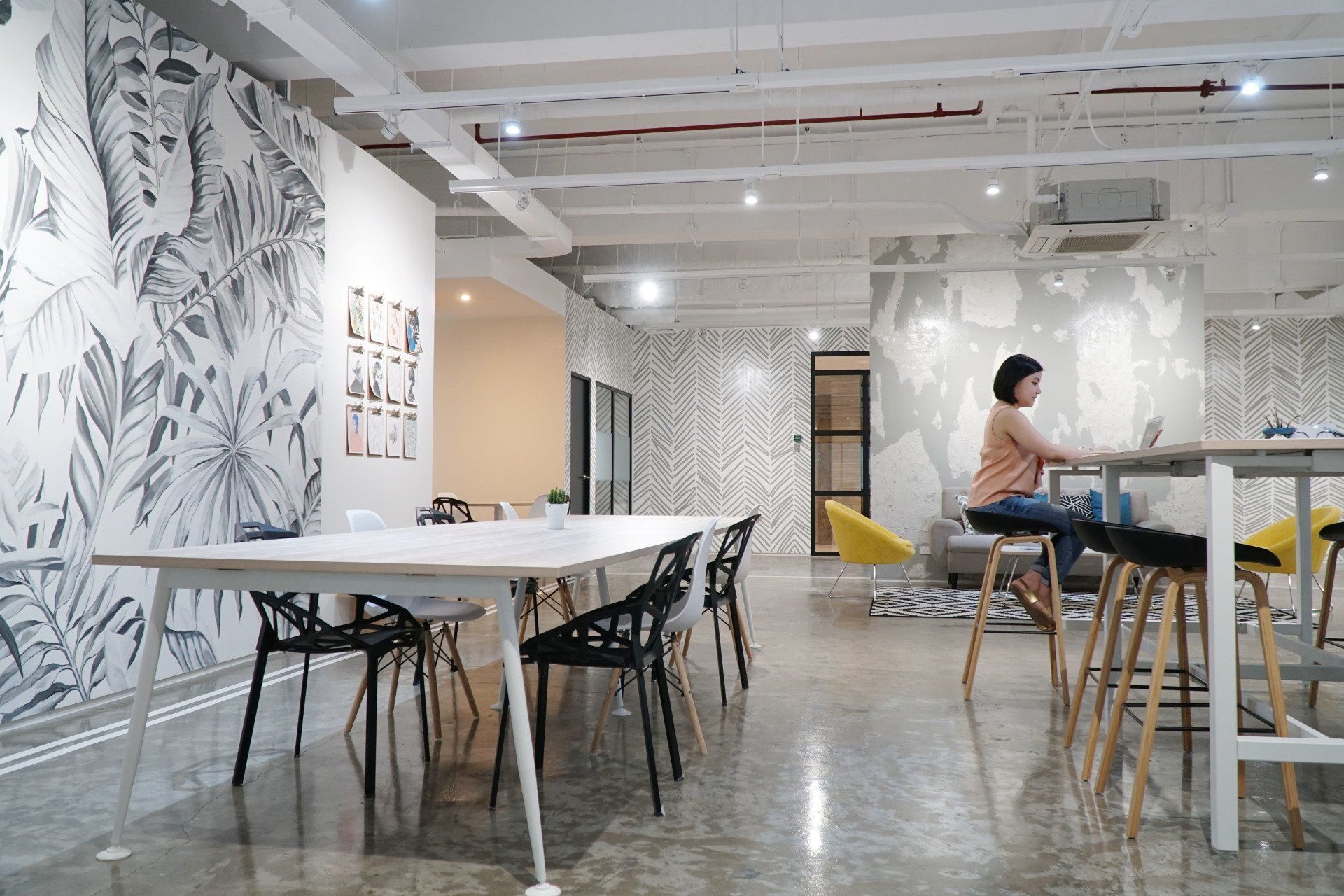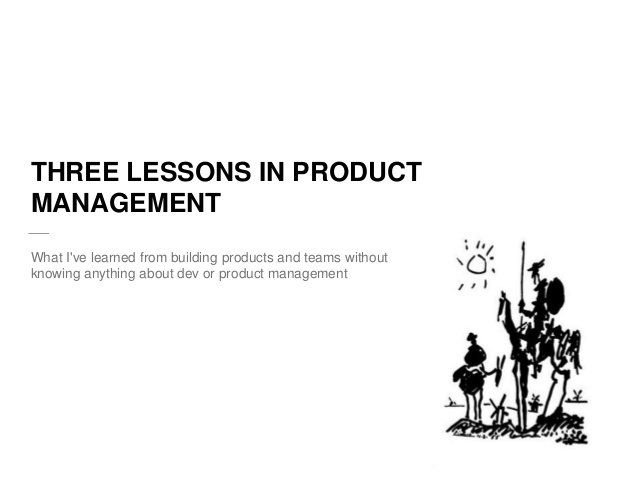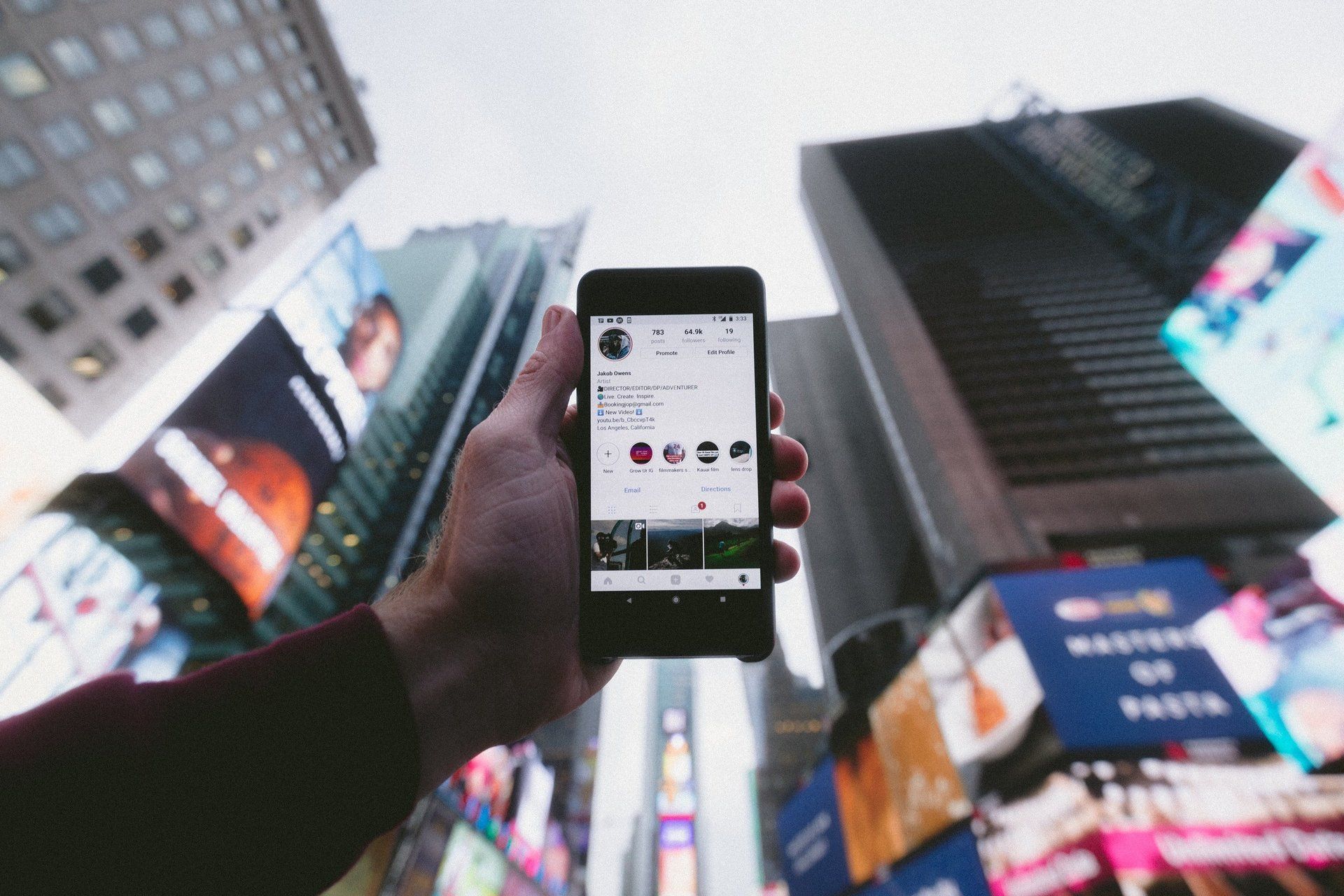Filipino E-Commerce Consumer Behaviors and Management You Must Know
Were you one of those who stayed up late at night to be the first in line for great deals offered by Lazada and Shopee during 6.6, 7.7, or 11.11 sale festivals? How much have you saved from online shopping instead of going to physical stores?
If you are a Filipino with access to the internet, you are probably one of those the questions above are pertaining to. To you, it has become a tradition to sit in front of your laptop or go through your phone to scour the e-commerce sites for the best deals there are.
If you are a businessman who has unlocked the potential of social media for your brand, congratulations are in order.
Just like Geraldine Villaver-Salvane who started her venture at the age of 14 and now,even Pinoy celebrities are wearing her creations from the Lady N clothing line. She started with a P2000 capital when she was still in high school but through perseverance and the use of social media platforms,her clothing brand is now seen worn by some celebrities like Alex Gonzaga, Kim Chiu, and Sarah Geronimo.
Stay at home but it is still shopping galore in Pinoy homes
The Covid19 pandemic may have halted much of the movements all over the world but online, the traffic got only thicker as a consequence. Work-from-home setup, online school, movies, Tiktok, and online games are just some of the few that kept people occupied until things return to normal.
The limitation in movement turned out to be a blessing for businesses online, especially in the Philippines. With the malls and usual physical stores unavailable, businesses found solace in e-commerce. And looks like it is not leaving anytime soon.
Global Data’s E-Commerce Analytics in December 2023 revealed that the number of Pinoy who engaged in online shopping or e-commerce continued to increase dramatically from 2021. The data from 2021 grew by 16% in 2023, reaching an estimated value of ₱307.6 billion.
Online shopping behavior of Filipinos
Shopee continues to lead its competitors in the Philippines as the top e-commerce site according to the 2024 data released by Similarweb. The Singaporean multinational firm recorded 64.2 million visitors each month. It is followed by Lazada with 39 million monthly visitors, and Zalora with almost 2 million
Shopee has maintained its lead over Lazada in 2024 with its strategic use of high-profile endorsers such as action star Jackie Chan, boxing legend Manny Pacquiao, and football superstar Cristiano Ronaldo. In 2024, Shopee introduced new endorsers including the P-Pop girl group BINI, actress and singer Toni Gonzaga, and social media influencer Mimiyuuuh. According to Similarweb, Shopee recorded 64.2 million monthly visitors in the Philippines, continuing to dominate the e-commerce market.
Lazada’s 11.11 sale continues to dominate the eCommerce landscape in the Philippines. In 2024, Lazada achieved a record-breaking performance with nearly a 300 percent sales uplift compared to regular days1. This year, Lazada was the most talked about eCommerce site on Philippine social media, capturing 65.8 percent of mentions, while Shopee held 30.2 percent.
While Shopee seems to be the undisputed go-to online store in the Southeast Asian country, Filipinos are still meticulous with their online shopping as if they are strolling and scanning through every store in SM Malls.
A Facebook Inc. and Bain & Co. report published last year revealed that Filipinos go through eight websites on average before they finalize their online purchase. The number of sites they visit almost doubled from 2020’s 4.3 websites.
John Rubio, country director of Facebook in the Philippines, said in a statement that this should be a clue for brands to reimagine their products and marketing strategies for them to “stand out and be discovered” with Pinoy consumers becoming increasingly meticulous with their purchase.
Around 45 percent of the Filipino respondents from the same 2023 report said they are willing to try stores that they never heard of before, a nine percent increase from last year.
Among the factors they consider in expanding their options during online shopping are
Environmental, Social, and Governance (ESG) factors. More than 80 percent of the Pinoy who were asked said they are willing to pay 10 percent more than the original price for something that is sustainable and socially conscious.
What do Filipinos mostly buy online?
According to recent data, electronics remain the top items that Filipinos purchase online in 2024, accounting for $9.5 billion of the total expenditures among Pinoy internet users. This is followed by furniture at $3.2 billion, personal and household care at $3.0 billion, fashion at $2.1 billion, and food at $1.5 billion
Why do Filipinos prefer online shopping?
The Philippines is a hotbed for e-commerce with its young and tech-savvy population and people whose eyes are always on the lookout for great deals due to the economy.
Many people in the country prefer online shopping because of convenience, something augmented by the Covid-19 pandemic that started in March 2020 when the government imposed lockdowns and restricted public transportation.
A Visa survey found that convenience is among the top reasons for Filipino online shoppers why they shop online. They said they prefer sites like Shopee, Lazada, and even Facebook Marketplace rather than brick-and-mortar stores that will require them to drive or commute and then fall in line to get their items.
Pricing is another reason for 47 percent of the respondents as they find items in online stores cheaper than their physical store counterparts. There are also exclusive/better deals (46 percent) that pull them to e-commerce sites.
The information above is paramount for any e-commerce site to achieve successful e-commerce marketing and management.
Customization of e-commerce sites for Pinoy buyers
The e-commerce architecture in the Philippines is composed of online sellers, payment systems, online customers, and logistics.
The platform ecosystem covers service seekers (online sellers, online buyers, service seekers), Access or digital platforms (market places, social media, service platforms, payment platforms, logistic platforms, and delivery platforms). There are also the service providers composed of motorists/riders, jobbers, staff/employees, and professional freelancers. An e-commerce business must also undergo government regulations to comply with the policies, security, taxation, and IT infrastructure.
These platforms are strategic actors to keep your site’s activities running smoothly. Then, you must employ e-commerce management and marketing strategies to make your website standout from the rest.
This includes social media marketing which could be one of the most integral parts of your business success. An average Filipino spends the most time online compared to other nationalitiesaccording to a survey.
An average Filipino spends 10 hours and 56 minutes a day and four hours and 15 minutes of those are spent on social media. The most used platforms are Youtube, Facebook, and Tiktok.
Social media users also engage more in interesting content. Therefore, content marketing is another key strategy to get your products to reach more users. A single post can drive up a brand’s online visibility. Many users now prefer short videos or reels. A post about the benefits of the product may go viral when done neatly.
Government agencies for different products in e-commerce
For internet retail, agencies you need to make a stop at for your products are the Department of Agriculture and its other sub-agencies. Depending on your products, you may discuss your business with the Bureau of Animal Industry, Forest Management Bureau, Fertilizer and Pesticide Authority, National Dairy Authority, Bureau of Plant Industry, and Department of Environment and Natural Resources. Other agencies are the Department of Trade and Industry and the National Telecommunications Commission.
For travel-related products, it is the Department of Tourism, Department of Transportation, Civil Aviation Authority of the Philippines, and the Civil Aeronautics Board.
Digital Media: Movie and Television Review and Classification Board, Optical Media Board, National Commission for Culture and the Arts, Design Center of the Philippines, and Intellectual Property Office of the Philippines.
Ride hailing: Land Transportation Franchising and Regulatory Board, Department of Information and Communications, Department of Labor and Employment, Land Transportation Office.
Digital Financial Services: Securities and Exchange Commission, Bangko Sentral ng Pilipinas, Department of Finance.
Trend to continue through to 2025
These numbers will have a snowball effect on other industries, according to an official of the research firm Global Data.
“Rising consumers’ preferences for online shopping, an increasing number of online merchants, proliferation of alternative payment solutions, and government support will support e-commerce sales in the Philippines. It is forecasted to grow at a CAGR of 17.0 percent over the next five years to reach P495.0bn (US$10.3bn) by 2025,”Shivani Gupta, Banking and Payments Senior Analyst at GlobalData, said.
Local delivery companies J&T Express and LBC experienced significant growth from 2022 to 2024, with J&T Express seeing a 45 to 70 percent increase and LBC achieving a 40 to 65 percent rise. Meanwhile, Food panda reported a 60 percent growth in the same period. Grab, one of the earliest players in the online business world in the country, stated that its deliveries surpassed its 2021 performance by 35 percent in 2023 and 60 percent in 2024.
Some individuals also found a new source of livelihood through online selling. The Department of Trade and Industry (DTI) reported that the number of online sellers increased massively - from 1,700 in March 2020 to 93,318 in January 2021.
All this could set up more active and busier e-commerce transactions in the years to come.
PH throws support for E-commerce
Department of Trade Assistant Secretary Allan B. Gepty announced during the recently held the 12th World Trade Organization (WTO) Ministerial Conference that themoratorium on customs duties imposed on media goods ordered via electronic commerce will be extended.
“The Philippines has a robust e-commerce industry and to boost the same, the government has released the e-commerce roadmap 2022 to create an integrated ecosystem that would become the foundation of all industries’ developments, long-term employment, and inclusive growth throughout the country,” the DTI said.
The e-commerce roadmap is not the only area where businesses can see themselves flourish as the government has also taken steps to boost connectivity in the country.
Business World Online’s tech writer Jon Canto wrote last year that the four rapidly emerging technology growth engines for the massive digital growth are: 1) in the future of connectivity (5G and the Internet of Things or IoT), 2) applied artificial intelligence (AI), 3) distributed infrastructure (cloud computing), and 4) automation.
The realization of these growth engines could prove beneficial to many e-commerce sites and online-based ventures.
Right now, the big brands continue to beef up their platforms through different innovations.
Lazada Philippines Deputy CEO Carlos Barrera during the “Lazada Talks” in celebration of its 10th anniversary said they are nowfocusing on improvements in logistics and payments system. He also expects to integrate artificial intelligence or make more virtual reality adjustments to provide better service.
Shopee for its part has started reaching out to more customers in the provinces by establishing Shopee Xpress hubs in Cebu City, Bogo, Moalboal, and other areas in Visayas.
“We have always believed in the transformative power of technology to connect buyers and sellers within the community, no matter where they are. By expanding our serviceable areas within the Visayas region, we aim to give our Visayan shoppers a seamless online shopping experience at Shopee, as we go through every step of this exciting e-commerce journey together,”said Shopee Philippines Director Martin Yu.
De Jesus Oval, Bonifacio Global City, 1630, Taguig City, Philippines
Email: hello@agencylokal.ph
www.agencylokal.ph
LOKAL provides boutique business solutions for small businesses in Australia and the Philippines. With decades of experience,
LOKAL
provides search engine optimisation, digital marketing, digital public relations, executive recruitment, and outsourced team operations.




